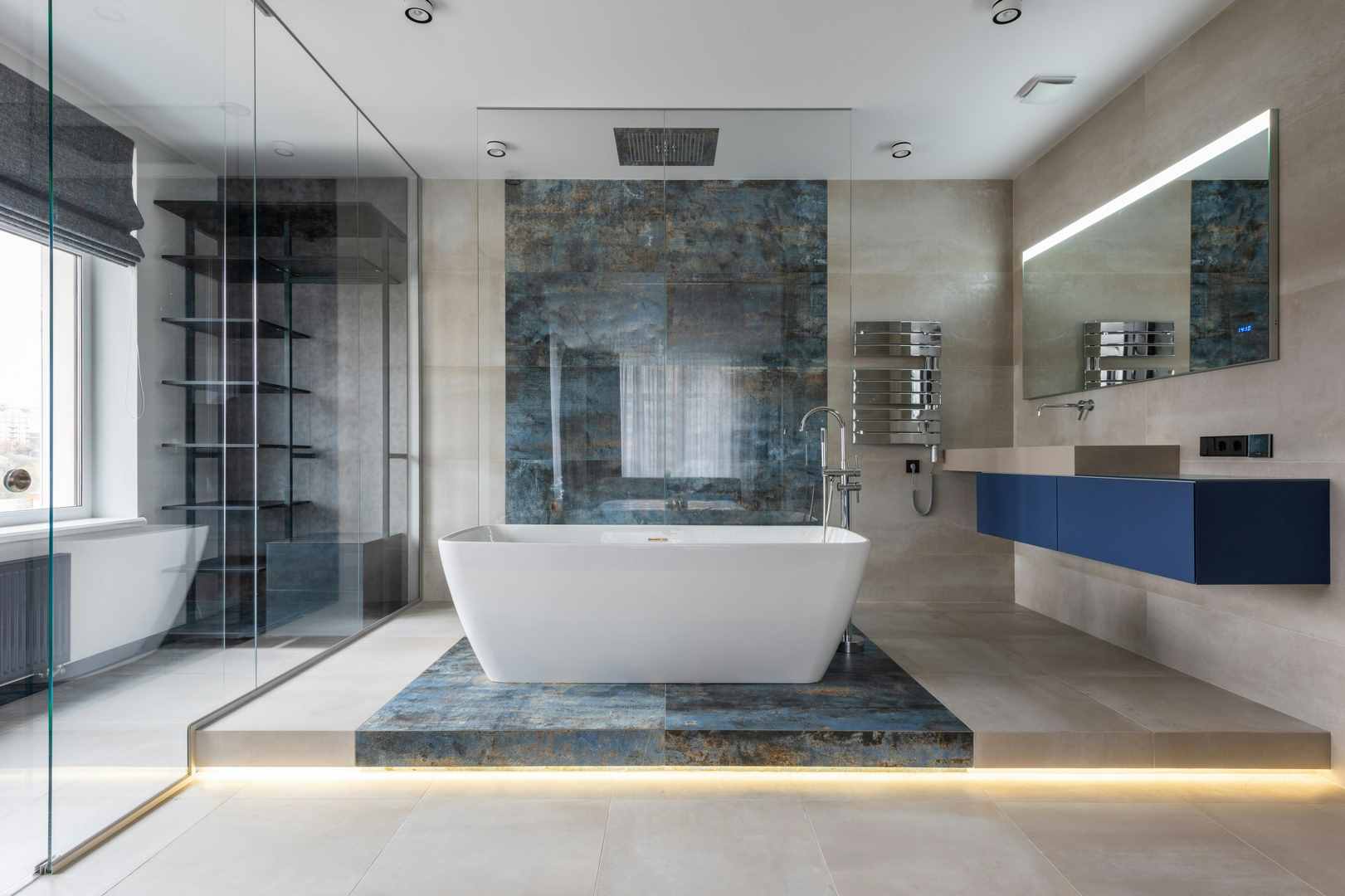Sanitary Ware vs. Bathroom Accessories: The Complete Guide for Buyers and Specifiers 1. Introduction: Why Understanding the Difference Matters When designing or renovating bathrooms for hotels, residential complexes, or retail projects, professionals need to clearly distinguish between sanitary ware (the essential plumbing fixtures) and bathroom accessories (the supplementary decorative and functional items). This distinction affects:
Budget allocation (sanitary ware typically consumes 60-70% of bathroom costs) Installation planning (plumbing requirements vs. simple mounting) Project timelines (sanitary ware must be installed during construction phases) Maintenance considerations (replacement complexity differs significantly) As a leading sanitary ware manufacturer with 17+ years of experience supplying global projects, SUNVIN provides this comprehensive guide to help:
✓ Builders and contractors properly specify materialsHotel developers optimize their procurement strategy
2. Sanitary Ware: The Foundation of Every Bathroom Definition and Core Characteristics Sanitary ware comprises the fixed, water-connected fixtures that form a bathroom's essential infrastructure. These items:
Are permanently installed with direct plumbing connections Must meet strict hygiene and performance standards Typically represent the highest-cost bathroom components Require professional installation by qualified plumbers Detailed Product Breakdown Toilets Types: Wall-hung, floor-mounted, back-to-wall, smart toilets Key Specifications: Flushing systems (gravity, pressure-assisted, dual-flush) Water consumption (3-6 liters per flush for eco models) Bowl shape (elongated vs. round) Rough-in dimensions (typically 10" or 12") Basins/Washbasins Mounting Styles: Countertop (vessel, undercounter, semi-recessed) Wall-mounted (with brackets or cantilevered) Pedestal (conceals plumbing) Material Considerations: Porcelain (most common, durable) Glass (premium look but higher maintenance) Natural stone (luxury option, requires sealing) Bathtubs Material Types: Acrylic (lightweight, warm to touch) Porcelain-enameled steel (durable but cold) Cast polymer (luxury feel, good heat retention) Style Variations: Freestanding (clawfoot, pedestal) Built-in (alcove, corner, drop-in) Whirlpool/hydrotherapy systems Shower Solutions Shower Trays : Materials: acrylic, stone resin, ceramic Shapes: square, rectangular, quadrant Shower Enclosures : Framed vs. frameless glass Sliding vs. pivot doors Walk-in/wet room configurations Faucets & Taps Mounting Types: Deck-mounted (most common) Wall-mounted (minimalist look) Floor-mounted (for freestanding tubs) Operation Styles: Manual (single handle, two handles) Sensor-operated (commercial applications) Thermostatic (precise temperature control) Technical Considerations for Sanitary Ware Water Efficiency Standards WELS ratings (Water Efficiency Labelling Scheme) LEED certification requirements Local plumbing codes (varies by country/region) Durability Factors Porcelain density (affects stain/chip resistance) Glaze quality (determines ease of cleaning) Structural integrity (especially for wall-hung items) Installation Requirements Rough-in dimensions Water pressure compatibility Drainage configurations Why SUNVIN Excels in Sanitary Ware Manufacturing ✔ Advanced Production Capabilities
Fully automated production lines 14,000 sqm daily output capacity Precision mold technology for consistent quality ✔ Rigorous Quality Control
12-point inspection process Hydrostatic pressure testing Impact resistance verification ✔ Customization Options
OEM/ODM services available Custom sizing and configurations Private labeling for wholesalers 3. Bathroom Accessories: The Finishing Touches Definition and Characteristics Bathroom accessories are the secondary elements that enhance functionality and aesthetics. Unlike sanitary ware, they:
Don't require plumbing connections Can be easily replaced or updated Primarily serve organizational or decorative purposes Often selected later in the design process Comprehensive Accessory Categories Storage Solutions Wall-mounted cabinets (recessed or surface-mount) Shelving units (floating, corner, ladder-style) Medicine cabinets (mirrored with storage) Towel Management Towel bars (single, double, heated) Towel rings (standard, folding) Towel hooks (single, multi-arm) Hygiene & Utility Items Soap dispensers (wall-mounted, countertop) Toilet brush holders Robe hooks Mirrors Basic wall mirrors LED illuminated mirrors Anti-fog mirrors (with heating elements) Smart mirrors (with Bluetooth, defoggers) Miscellaneous Functional Items Toilet paper holders (freestanding, wall-mounted) Shower caddies (corner, hanging) Grab bars (safety requirement for commercial spaces) Material Considerations for Accessories Stainless Steel Grade 304 (standard) Grade 316 (marine grade for humid environments) Brass Solid brass (most durable) Brass-plated (more affordable) Aluminum Lightweight option Anodized finishes available Glass Tempered safety glass Frosted or clear options Design Coordination Tips ✓ Finish Matching (chrome, brushed nickel, matte black)
4. Key Differences: Sanitary Ware vs. Accessories Comparative Analysis Table Factor Sanitary Ware Bathroom Accessories Functional Role Essential plumbing components Supplementary convenience items Installation Requires professional plumbing DIY or simple mounting Replacement Frequency 10-20 years 3-5 years (trend-dependent) Cost Proportion 60-80% of bathroom budget 20-40% of bathroom budget Lead Time Longer (8-12 weeks for custom) Shorter (2-4 weeks typically) Design Impact Determines bathroom layout Enhances aesthetics
Procurement Considerations For Sanitary Ware:
Order early in construction timeline Verify local plumbing standards Prioritize durability over trends For Accessories:
Can be selected later in process Easier to update for style changes Consider guest/user experience 5. SUNVIN's Manufacturing Expertise Our Foshan-based production facility specializes in sanitary ware with:
✔ Advanced Technology
Robotic glaze application systems High-temperature tunnel kilns (1280°C) Digital quality control scanners ✔ Sustainable Practices
Closed-loop water recycling Solar-assisted drying systems Zero-waste packaging initiatives ✔ Custom Solutions
Hotel-grade reinforced ceramics Custom color matching Proprietary non-porous glazes 6. Conclusion: Strategic Bathroom Planning Understanding these distinctions enables:
✓ Builders to properly sequence installations
For your sanitary ware needs, SUNVIN offers:
Reliable bulk supply Technical specifications support Custom manufacturing solutions Contact our team today for project consultations and quotes.
